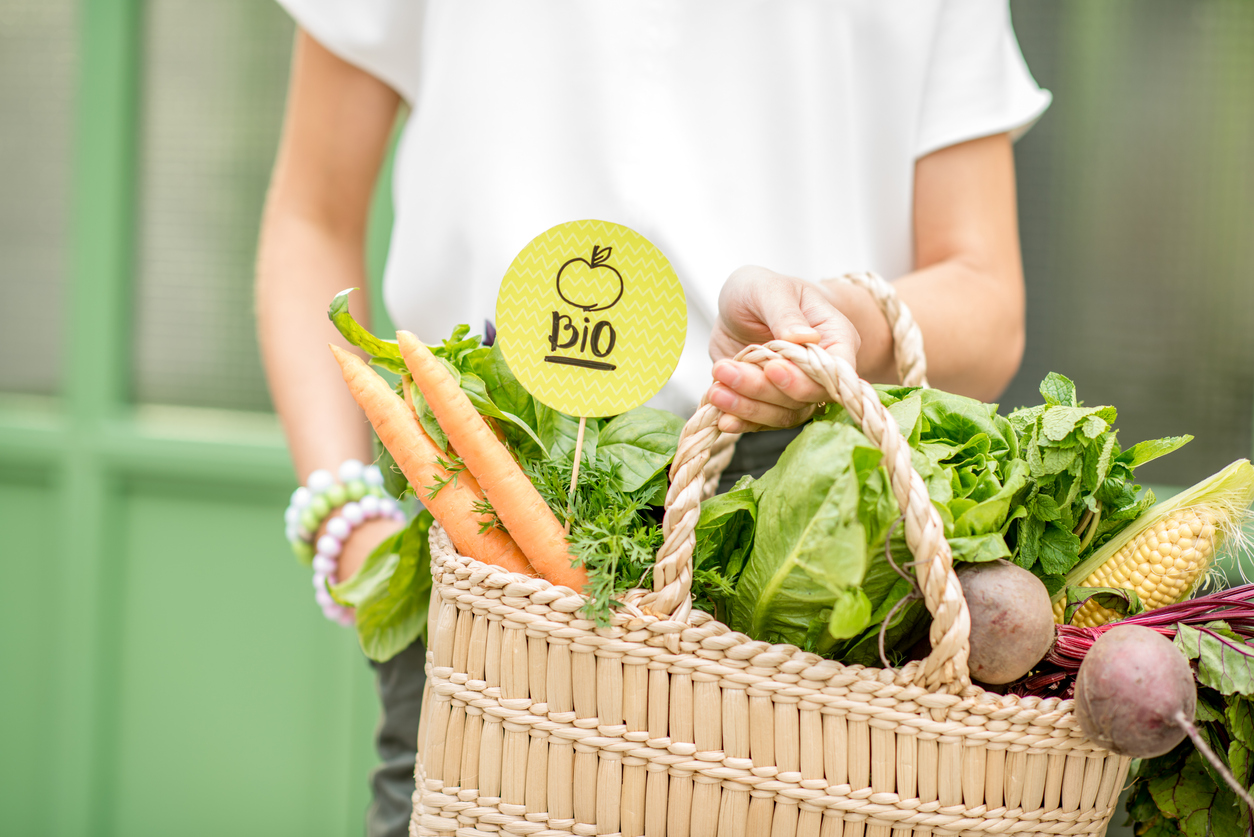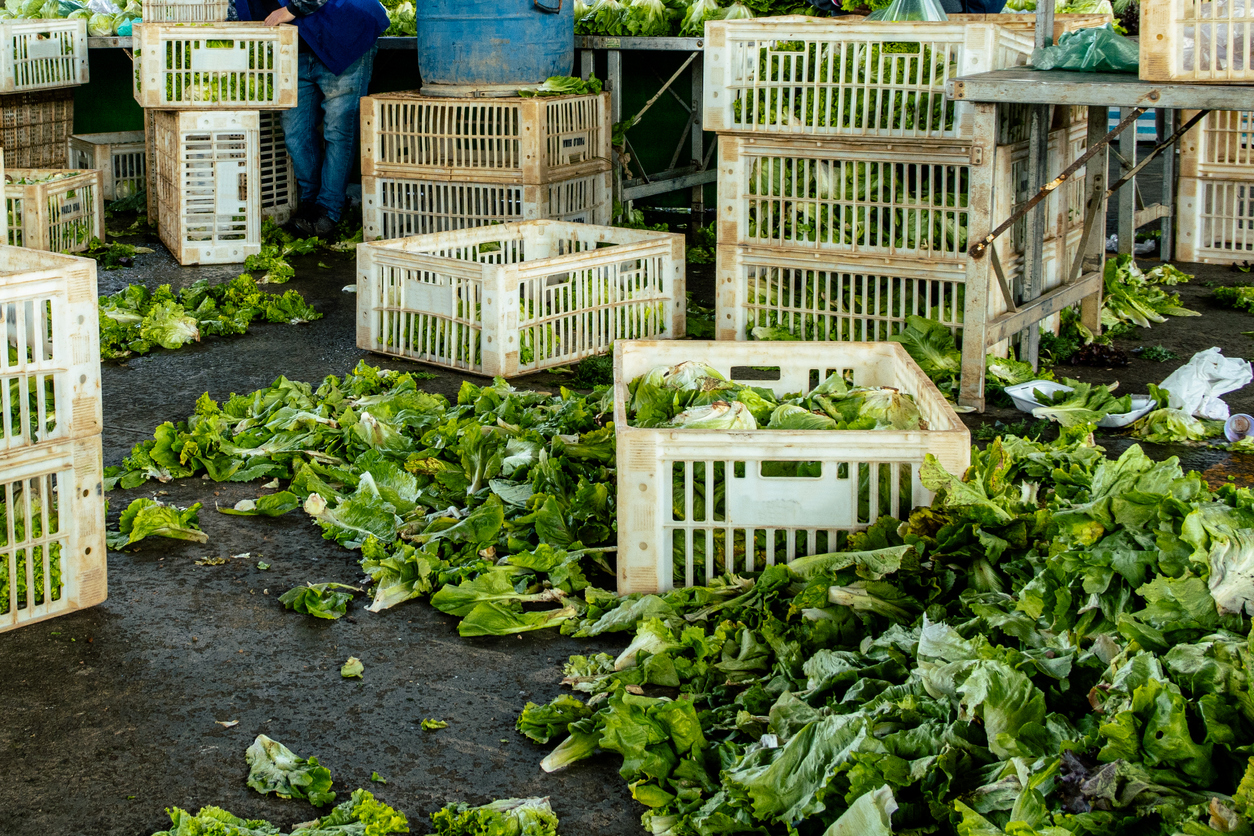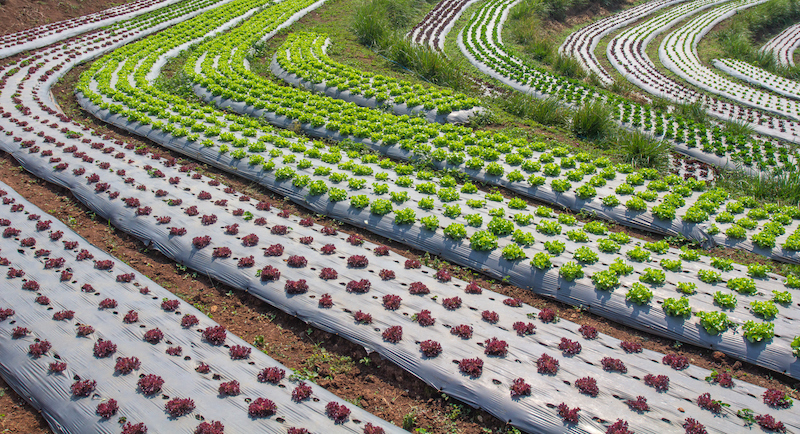Alt-protein expert Chris Bryant: “We may be on the verge of a tipping point towards plant-based products becoming the new normal”

Food Matters Live sat down with Chris Bryant, a self-described social scientist, animal advocate, and effective altruist who has conducted extensive consumer research around meat reduction and alternative proteins through his company, Bryant Research Ltd. Chris will be bringing his expertise to the Sustainable Sourcing stage in April for a panel exploring the latest Innovation in sustainable ingredient development.
Government responses to alternative proteins look very different around the globe. What are some of the factors that shape policy responses?
One key factor affecting government responses is the size and organisation of the livestock sector in their country. For example, France and Ireland are particularly antagonistic towards alternative proteins, and it is no coincidence that both have large livestock sectors which lobby intensively.
Are you optimistic about the future of alt-proteins?
I am excited to see more countries realising the potential of alternative proteins to help them advance their goals as a nation. Denmark, Canada, and the Netherlands have all taken steps to advance the sustainable protein transition, and the United Arab Emirates has recently started to show interest in alternative proteins too.
I am particularly optimistic about developing countries, especially with the falling cost of alternative proteins, as they may be able to ‘leapfrog’ over factory-farming and go straight to alt proteins – much like many developing countries leapfrogged landline phones and went straight to mobiles.
Do individuals and institutions have an equal part to play in driving a transition towards sustainable protein production?
Yes, the role of institutions in reducing animal consumption is incredibly important. Companies and governments can implement policies like preferring plant-based food in procurement or using defaults to nudge people towards more sustainable options.
“Developing countries may be able to ‘leapfrog’ over factory farming, and go straight to alt proteins, in the same way that many developing countries leapfrogged landline phones and went straight to mobiles.”
However, informing and persuading the public is vital as well. Institutions’ choices are determined and constrained by the preferences of individuals; Governments can only legislate for animal welfare insofar as voters will support it, and companies can only sell plant-based products insofar as consumers will buy them. For this reason, individual and institutional approaches are complementary, and both are vital.
Is tension inevitable between food tradition and innovation?
Even foods that we think of as ‘traditional’ are often produced in very different ways than they were in the past, with most animal products today coming from factory farming systems that didn’t exist 100 years ago.
Take the Christmas turkey on your dinner table which, for the most part, comes from selectively bred and drug-laden animals unrecognisable from those in 1900. The only certain thing is that everything changes; our food consumption and production have been continually evolving and will keep doing so in the future.
“If a food isn’t healthy for the individual, it’s not sustainable for the planet.” What is your perspective on this statement?
There could be some foods that are healthy but environmentally damaging, and some which are unhealthy but have a light environmental footprint, so it’s not a necessary entailment of either. It could be the case that these factors tend to correlate – certainly, a healthier and more sustainable diet, for almost everyone, is one which contains more foods from plants and fewer foods from animals!
How has consumer acceptance of alternative proteins evolved, and what changes do you anticipate in the future?
The alternative protein category has exploded over the last 5-10 years, with sales of chilled vegetarian foods in the UK increasing 140% between 2013 and 2020, while per capita meat consumption fell 17% over the same period.
“Governments can only legislate for animal welfare insofar as voters will support it, and companies can only sell plant-based products insofar as consumers will buy them.”
Alt-protein growth is partly explained by the fact that plant-based products are getting better in terms of taste, texture, and mouthfeel – 44% of Belgian consumers said that meat alternatives met their needs in 2019, and this shot up to 51% in 2020!
Importantly, plant-based products are also reaching price parity with animal products, meaning we may be on the verge of a tipping point towards plant-based products becoming the new normal.

















